Captain Marvel: The MCU’s first female-led movie barely manages to take flight
Released on March 8, international women’s day, the trailers and promotional material for Captain Marvel promised a high-flying, female-empowering superhero flick that would serve as both a stand-alone and a tie into April’s Avengers: Endgame. What they delivered, was a serviceable but lackluster superhero story that seemed unsure of how to characterize its protagonist, and confused about its own message. Starring Brie Larson as the titular Captain Marvel, the movie follows the story of a human pilot turned alien warrior who crash lands on earth after a mission gone wrong. With 1990s Los Angeles as a backdrop and a supporting cast that includes Samuel L Jackson, Jude Law, and Annette Bening, Captain Marvel had all the right ingredients to be the bombastic, grungy romp that the trailers promised. Sadly, the movie seems to squander most of its true potential at every opportunity. Though it was by no means a terrible film, I couldn’t help but feel disappointed that after 10 years of blockbuster hits, this was the best that Marvel could come up with when introducing its first major female lead.
Speaking of female leads, one of my largest gripes with the movie was the casting of Brie Larson. With credits that range from an Oscar-winning turn in Room to a comedic role in the cult classic Scott Pilgrim vs the World, Larson, on paper, seems like an actress with enough talent and range to fill such massive shoes and follow in the footsteps of the likes of Robert Downey Jr., Chris Evans, and Chadwick Boseman. However, Larson is just serviceable in the role. At some points, she seems to make an effort to give the character a little snark and personality, but for the majority of the film, Danvers just comes off as a standoffish soldier. Hardly a compelling lead, and especially unfortunate considering that she is the next in line to take the place of Iron Man as the leader of the MCU. The writers of the movie seem to believe that in order to make a female character strong, she has to be a tough, stoic, battle-hardened hero a la Ellen Ripley in Alien. Unfortunately, just because Captain Marvel has physical strength that lets her fight aliens and crippled spaceships, it doesn’t mean that she’s a strong character, and the movie suffers for it.
Such a lackluster lead leaves the door open for the supporting cast, however, to do the heavy lifting. Samuel L Jackson and Ben Mendelsohn in particular shine, and the latter’s character is a scene stealer that completely comes out of left field. Though it was interesting to get a look at a younger Nick Fury, and Jackson played the role, as always, to a ‘T’, it was unfortunate that he seemed to shine more than the actual protagonist of the film. In the more “buddy-cop”-esque scenes where Jackson and Larson share scenes, he is clearly the more charismatic and entertaining of the two. However, not every member of the supporting cast was as stellar as Jackson and Mendelsohn – the Kree characters (played by Jude Law, Annette Bening, and Gemma Chan) are all as inconsequential to the plot as they are one dimensional. They all seem to suffer from the same problem as Captain Marvel does – they’re just not developed enough to be an interesting presence on screen. Rounding out the cast are the civilian characters- Maria Rambeau (Lashana Lynch) and her daughter Monica (Akira Akbar). The two are supposed to be the emotional core of the film, and their interactions with Carol Danvers seem like they’re supposed to be the humanizing elements to the otherwise stoic lead. Unfortunately, however, these scenes fall flat as well, and come off as shallow, cliche, and at this point obligatory “female empowering” moments as opposed to actual, character-driven tension.
In terms of visual effects, as always, this is one area where Marvel knocks it out of the park. Captain Marvel has surprisingly colorful visuals for an MCU movie, thanks in most part to Carol Danvers’ hastily-explained but ever-so-spectacular powers. I do give the movie props for its third act – the finale is visually dazzling and very gratifying in terms of what’s been built up until that point. It would’ve been much more gratifying, however, had the trailers not given it all away. The trailers gave away so much, in fact, that I found myself very uninterested in the plot itself, which somehow managed to be contrived and oversimplified at the same time. The movie gives far too much explanation in some aspects, and not nearly enough in others, and given the fact that Captain Marvel is supposed to be an origin story, it’s an issue that really hurts the end product.
In the end, I found myself walking out of the theatre unenthused for the future of the MCU. Captain Marvel is so focused on setting up future Marvel movies, it seems to forget that it’s telling an origin story of its own. Filled to the brim with in-jokes and unnecessary callbacks ten years in the making, Captain Marvel feels more like the lowest common denominator of Marvel hallmarks than anything new or interesting.

Lauren Coates is a senior and a first year headlines reporter for Metea Media. She loves all things pop culture, including music, TV, movies, and celebrity...

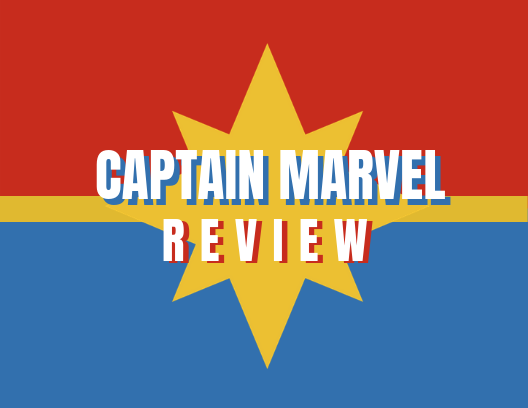
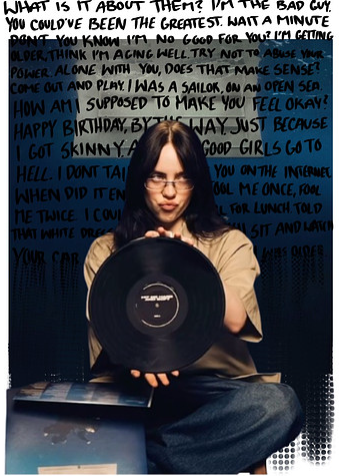


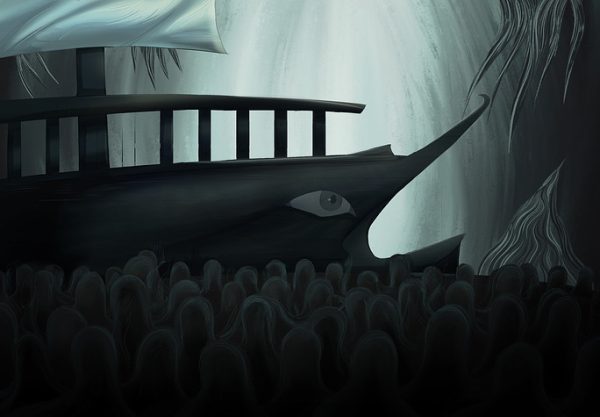
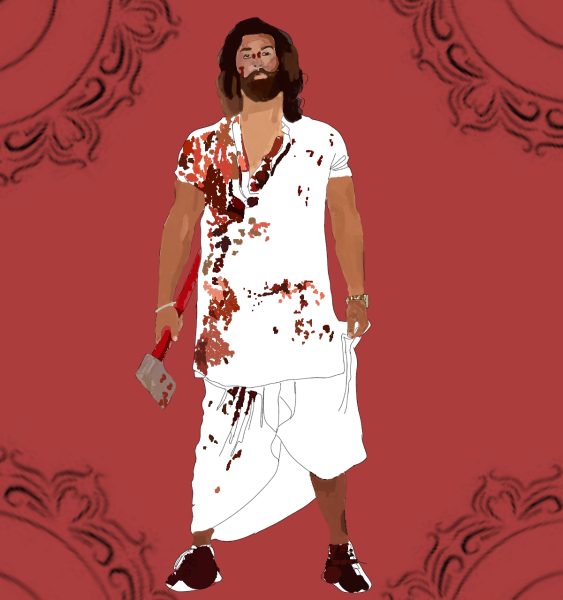
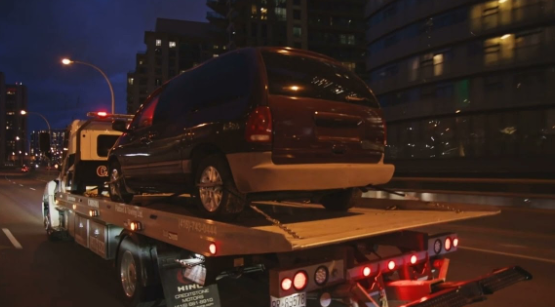
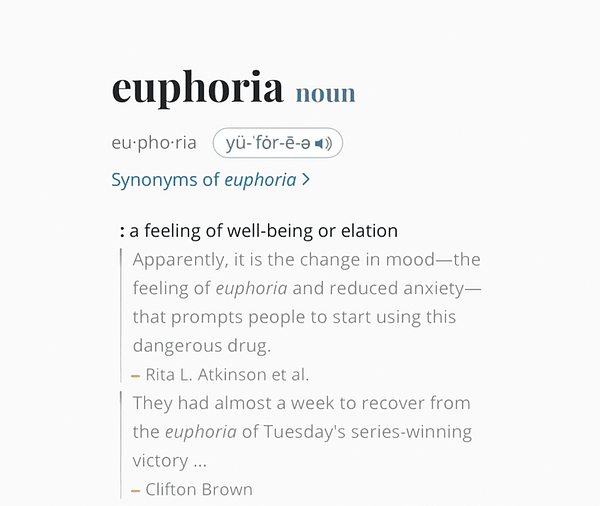


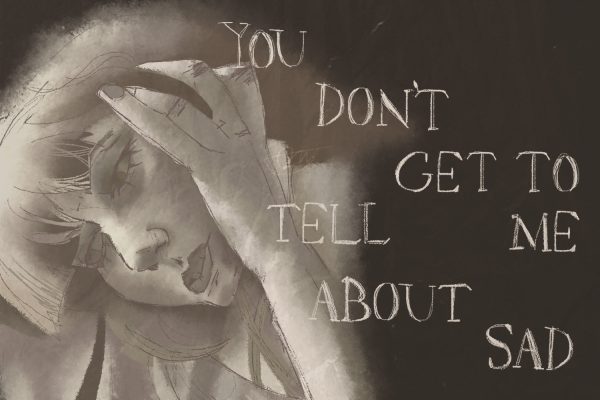
Palpy • Mar 13, 2019 at 11:31 am
You are blinded by your aggorance, Master Yoda
Yoda • Mar 13, 2019 at 11:29 am
HMMMM, good this movie was not. Disappointed was I.
Hollywood Palms Employee • Mar 12, 2019 at 7:45 am
We started showing it on the 7th, not the 8th. Press F to pay respects
darkstripe • Mar 11, 2019 at 1:00 pm
honestly the only superhero movie made in the last 5 years that i think did something unique, different, and not only driven by board meetings and money is spiderverse. the marvel cinematic universe or whatever y’all call it is about as unique and creative as a square of cardboard
WhiteKnite69 • Mar 11, 2019 at 8:51 am
this is great movie i rate 8/5 strong wamen charicter needs more black peeople is good diversity
Ben does not agree with Lauren's opinion • Mar 11, 2019 at 8:50 am
I’ve just gotta say, I wholeheartedly disagree with you on this, Lauren. Although Brie Larson’s performance wasn’t exactly incredible, you have to keep in mind that for a long time the MCU’s heroes were basically all just “I like doing good and am probably american/blonde.” I really enjoyed the movie and it was the most fun I’ve had at an MCU flick in a while, mainly because it actually branched off of the comics for once instead of just being *another* retread of comic storylines that weren’t even that good in the first place. I think the trailers hardly gave anything away, and to not even mention the plot twist in your review is a disservice to the movie. Lastly, I wish that you would have at least mentioned in your review one of my favorite aspects of the film; that being characters who are dead and/or out of action being back in the MCU in plot-relevant roles, like Ronan, Coulson, and even Fury to a degree.